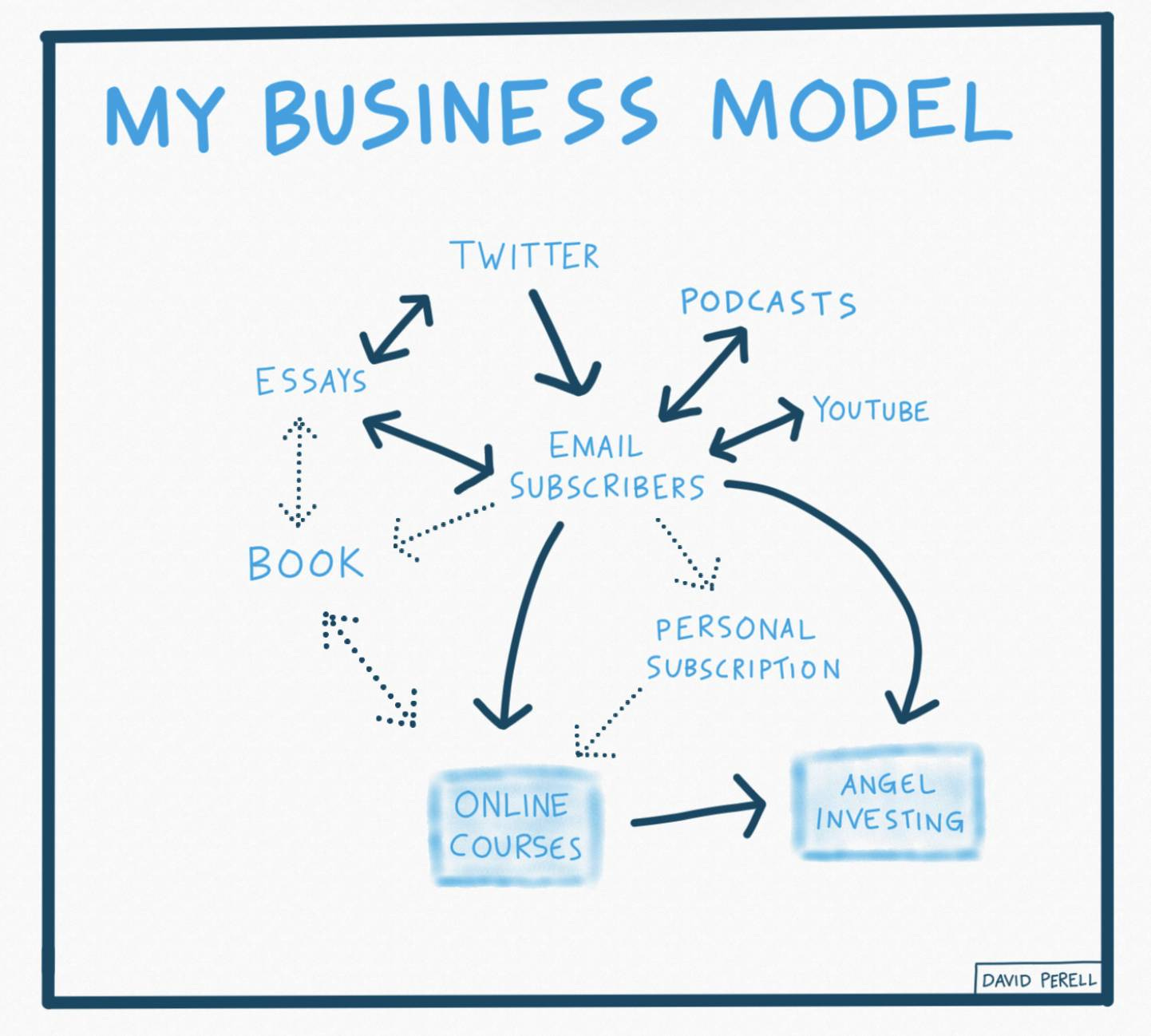What to read on Twitter: 10 accounts that will help you keep a clear head
Naval Ravikant, Shane Parrish, Lex Fridman, and a few other people you've probably never heard of.
Do you have a Twitter account? If not, then, perhaps, as part of the concept of digital minimalism, you don't need to open it. But if you have already stepped into this rapid river of content, here are a few accounts that seem interesting to me.
This collection can be characterized as a collection of earthly wisdom, expressed as concisely as possible. On Twitter, a sort of canon has developed: a multi-faceted phrase (sometimes a list) that seems to be ripped out of the context of a clever non-fiction book. Such a statement usually sums up some long-term reasoning and provokes a response along the lines of "well observed!"
1.
There is no doubt that the master of this genre is the investor and contemporary thinker Naval Ravikant. It seems that many other participants of this list simply imitate him.
Naval often talks about freedom and wealth. His most famous thread on Twitter is about how anyone can become rich and that luck has nothing to do with it. Later, Naval explained his thesis in a detailed post on his blog.
Typically, his tweets look like this:
Here's a tip for anyone who has a boring job.
2.
Shane Parrish resembles Naval. Parrish is a blogger, writer, and podcast host. His main project is the Farnam Street blog, which includes, among other things, a catalog of "mental models": tools, systems, and heuristics that a person uses to process information about the external world.
Parrish is tweeting about the same thing on Twitter.
3.
Paul Graham, a venture investor and founder of startup accelerator Y Combinator, occasionally publishes essays on his blog that are characterized by accurate observations about human nature. He shares his fleeting thoughts on Twitter.
For example, here is his comment on a graph that is interesting in itself: in developed countries, the amount of time parents spend with their children is growing. Sometimes exponentially.


Or - a tweet in which Graham shared a screenshot of a 2009 letter written by Airbnb co-founder Brian Chesky, noting that they had made $734 in commissions in a week and that they needed to reach $1000. Graham, one of the startup's early investors, posted this tweet a few days after Airbnb filed for IPO. The company went public in December, and investors valued it at over $100 billion.
4.
James Clear is the author of the bestseller "Atomic Habits." Popular self-help books are often able to be summarized in one or a few sentences. (Here, for example, 31 popular books are summarized.) Clear's tweets are like such short summaries of books, but without the books. Although... probably all of these ideas have already been written about in other books.
5.
Matthew Kobach, a social media marketing specialist, has created a new internet image for the NYSE, America's main stock exchange, and built a community of followers and supporters on Twitter.

6.
Jack Butcher is a designer who was able to create a business with a revenue of $1 million in 2020. The story is classic and very inspiring: Jack started turning quotes from entrepreneurs, descriptions of mental models (again), and statements from philosophers into minimalist schemes. This brought him fame, a loyal audience, and a lot of orders from companies. He also created a community that members pay $149 a year to join and several regular master classes.
This is an example of a graph.


And the quote:
7.
Another inspiring example is journalist Polina Marinova, who left Fortune magazine and started her own project: once a week she tells about the principles, ideas, and routines of famous people. Most of these profiles are only available by subscription, but Marinova tweets individual quotes from them. For example, here's a quote from Charlie Munger, Warren Buffett's partner and also a big fan of the "mental models" concept:


8.
The advantage of many of the people on this list is that they are, as is appropriate for professional Twitter users, able to explain briefly and clearly what they do and how they make money. David Perell teaches people to write clearly and concisely, and his business model is described as follows:
He also gives a lot of useful advice, for example, about how to delegate tasks correctly:




9.
Julian Shapiro, like many others on our list, does what is in high demand in a rapidly changing world full of information - he explains complex concepts in a concise and convenient way. Shapiro chose the format of free manuals - he wrote about marketing strategies for startup growth and how to build muscles.

10.
Lex Fridman is originally from Moscow, but he now lives in Boston where he studies artificial intelligence in relation to self-driving cars and other serious things. However, he is best known as the host of the Lex Fridman Podcast, where he interviews people on the level of Elon Musk, Jack Dorsey, and Richard Dawkins.
Fridman tweets links to new podcast episodes, math jokes, quotes, and thoughts on current events.






